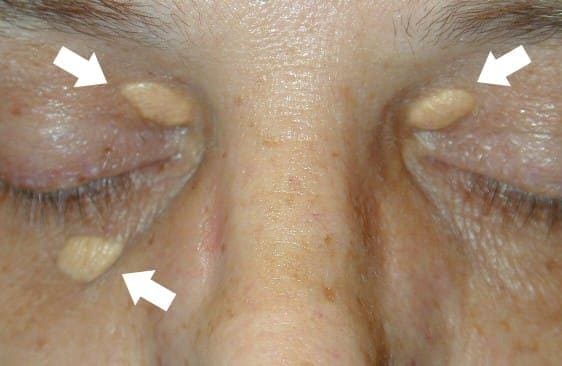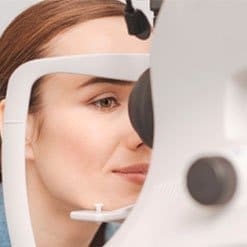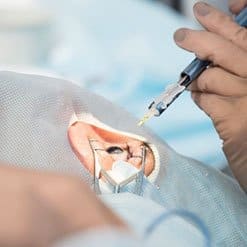Yellow tufts (xanthelasma)
Table of Content
What is it?
Xanthoma are subcutaneous deposits of cholesterol. Changes become follicular, well-demarcated, myeloma of yellow or orange color. They may increase up to 7 cm, but typically are much smaller, often barely visible and are located in the nasal area of eye (medial angle of the eye). Tufts are not painful and do cause any direct hazard to health or life.
Such changes can be observed not only near the eyes, but also in the vicinity of the joints (elbow and knee), tendons, on the hands, feet and buttocks area. Changes of this location are called xanthomas (xanthoma).


Causes
Yellow tufts are mainly caused by hyperlipidemia, a condition of elevated fat levels (cholesterol and triglycerides) in the blood. These changes are often observed in diabetes, primary biliary cirrhosis and in some forms of cancer. In patients with congenital metabolic diseases such as familial hypercholesterolemia, the yellow tufts are also present.
Risk factors
Factors that increase appearance of yellow tufts
- Medical conditions (listed in the section ’causes’)
- High concentrations of total cholesterol, LDL fraction and low HDL and / or high levels of triglycerides in the blood
- Advanced age
Incidence
Changes may appear in any age group, however, most frequently around 40 or 50 years of age. Yellow tufts more frequently are diagnosed in women and in people with risk factors presented above.
Diagnostics
Diagnosis is mainly carried out by a physician : in doubtful cases biopsy is performed and the specimen is examined histopathologically.
Prevention
To reduce the risk of changes as yellow tufts , following precautions should be taken :
- Keep the concentration of cholesterol and triglycerides in the blood within normal limits;
- Adhere to the treatment of metabolic diseases already occurring, including diabetes
Treatment
Treatment of yellow tufts mainly involves treatment of co- morbid metabolic diseases (eg diabetes) and decreasing cholesterol and triglyceride levels in the blood to normal limits. This reduces the risk of further changes of this type ; there are cases reported to be regressed by the use of an effective treatment of high blood lipid levels.
Yellow tufts are a cosmetic defect and do not directly affect the health of the patient. In contrast, factors causing its occurrence have a significant impact on the health and quality of life.
Treatment methods to remove the changes:
- Surgical – There is a possibility of surgical removal of the changes so as not to leave scars . However, despite the removal, such a change can occur again.
- Laser – Changes can be removed using a CO2 laser, Er: YAG and dye laser pulse.






